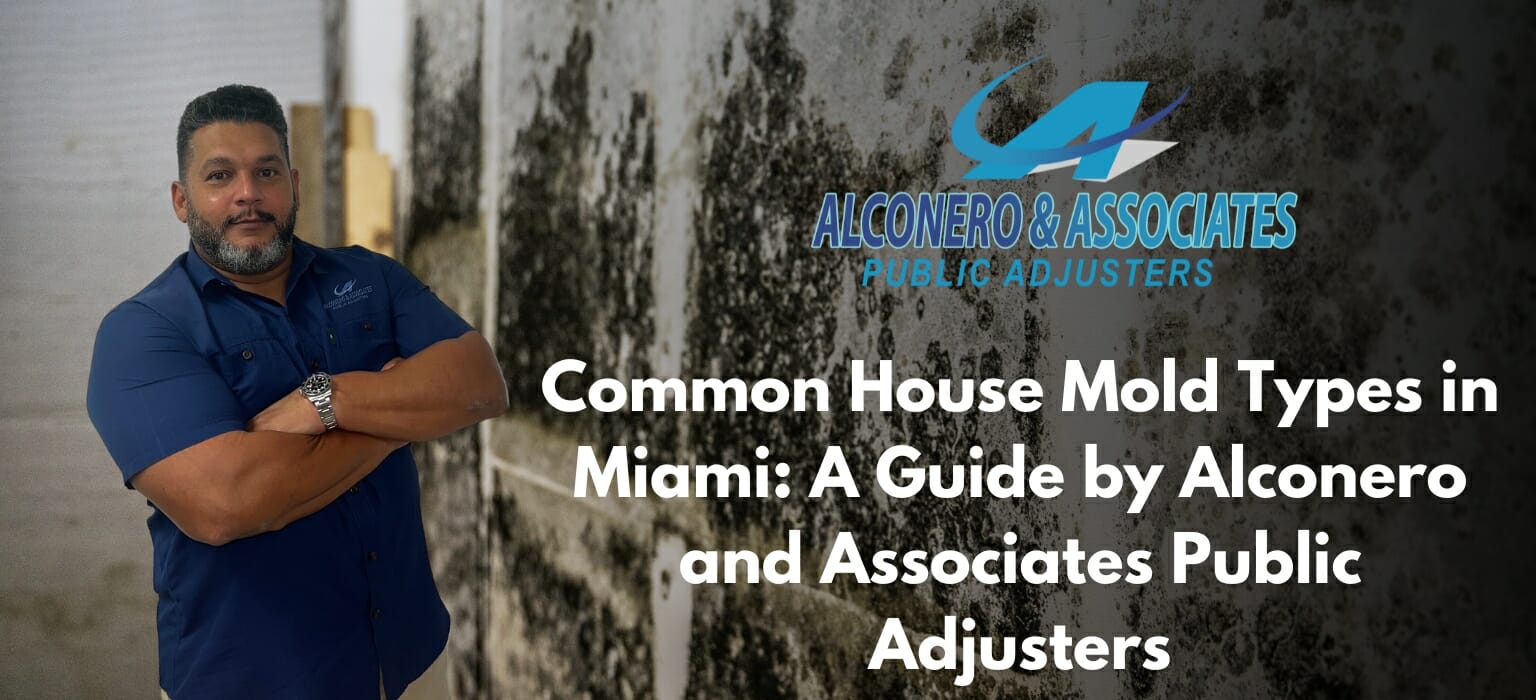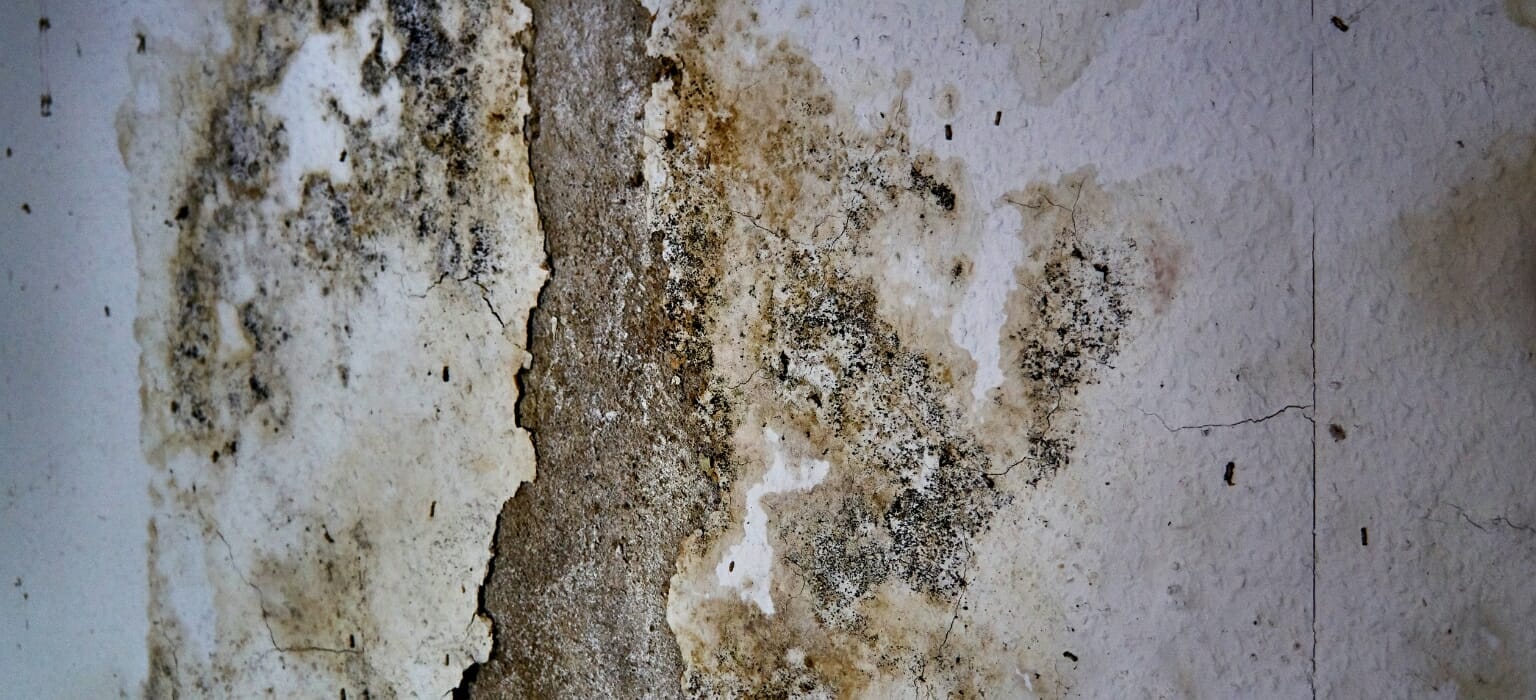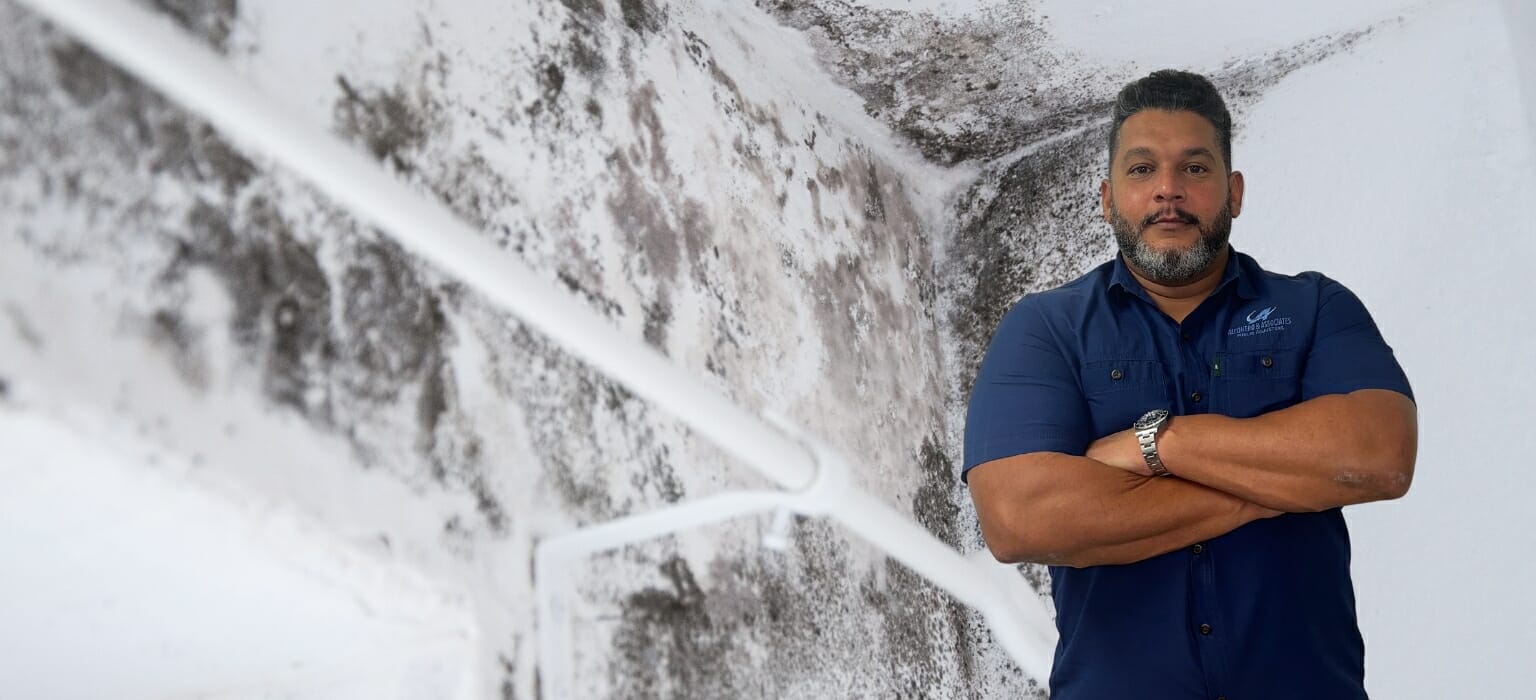
Overview
Mold, a silent invader, can cause significant damage to your home and health, particularly in humid regions like Miami. This detailed guide, presented by Alconero and Associates Public Adjusters, dives deep into the common molds found in Miami homes, their growth reasons, and associated health threats. Moreover, it offers practical advice on mold prevention and emphasizes how Alconero and Associates can be your reliable partner in handling mold damage claims. Whether you’re a homeowner aiming to protect your property or someone dealing with mold challenges, this guide provides essential insights to tackle mold effectively.
Introduction
Miami, famous for its pristine beaches and tropical charm, also faces a hidden menace: mold. This silent intruder, flourishing in Miami’s humid climate, can lead to significant health issues and home damage. For homeowners, grasping mold’s intricacies is vital. Early detection and action can save health and substantial repair costs. Navigating this intricate issue can be challenging, but that’s where Alconero and Associates Public Adjusters come in. As trusted property claim experts, we’ve designed this guide to illuminate the various mold types lurking in Miami homes. From spotting to mitigation, this guide is your all-in-one resource.
What is Mold?
Mold, often dismissed as mere spots on walls or ceilings, is more than an aesthetic concern. It’s a fungus that thrives in damp conditions, releasing spores that can spread rapidly. These spores, invisible to our eyes, float in the air, settling on different surfaces, awaiting the right conditions to grow. For many in Miami, mold is a silent foe, silently infiltrating homes. But why the worry? Mold can degrade building materials, weaken structural integrity, and pose health threats. The Florida Department of Health underscores mold awareness, especially considering Miami’s favorable climate. Recognizing mold and understanding its behavior is the first step towards a safe living environment.
Why Miami Homes are Susceptible to Mold
Miami, with its iconic palm trees and sunlit coastlines, also boasts a climate that mold loves. The city’s high humidity, regular rain, and warm temperatures create an ideal environment for this tenacious fungus. But what makes Miami’s climate so appealing for mold?
- Persistent Humidity: Miami’s subtropical climate ensures high humidity throughout the year. This moisture-rich air can infiltrate homes, especially if they lack proper ventilation, offering mold the dampness it craves.
- Regular Rainfalls: Despite being the Sunshine State, Miami experiences its share of rain. Water can seep into homes through leaks or inadequate drainage, creating damp spots perfect for mold.
- Building Materials: Many Miami homes use materials that, when consistently exposed to moisture, become mold breeding grounds. Drywall, wood, and specific insulations can trap moisture, nurturing mold growth.
Awareness is your first defense. By understanding why mold is a pressing issue in Miami, homeowners can take proactive measures against it. And when water damage strikes, Alconero and Associates Public Adjusters are here to guide homeowners through the claim process.
Common Types of House Mold in Miami

Miami’s warm and humid environment is a haven for various mold types. Let’s delve into some of the most prevalent ones that homeowners might come across:
- Acremonium: This mold begins as a tiny moist mold that evolves into a fine powdery substance. It can be white, grey, pink, orange, or even cinnamon. Typically found in household systems like window sealants, humidifiers, and cooling coils. Prolonged exposure is dangerous, leading to bone marrow diseases, immune system issues, and brain function impairment.
- Alternaria: One of the most widespread molds globally, Alternaria thrives in places with water damage. Commonly found in showers, bathtubs, and under leaking sinks. It can cause allergic reactions when inhaled, leading to asthma-like symptoms.
- Aspergillus: This mold varies in color and is often found in air conditioning systems and damp homes. It can cause respiratory infections, allergic reactions, and lung inflammation.
- Aureobasidium: Often termed ‘pink mold’, it grows rapidly and can appear pink or black. Commonly found behind wallpapers and on wooden furniture, exposure can lead to dermatitis and respiratory issues.
- Chaetomium: With a cotton-like texture, it thrives in water-damaged homes. While not highly toxic, it can cause skin and nail infections.
- Cladosporium: This mold can grow in cooler areas and is often found on fabrics and carpets. It can lead to respiratory issues and skin rashes.
- Fusarium: Common in soil and plants, it can also be found in homes on water-damaged carpets. It can cause skin infections and, in severe cases, nervous system damage.
- Stachybotrys Chartarum (Black Mold): Known as ‘toxic mold’, it produces mycotoxins that can cause severe health issues. It thrives in continuously damp and warm conditions, leading to chronic sinus infections and asthma attacks.
Mold is more than a mere nuisance; it’s a potential health risk. Miami’s climate makes it a hotspot for various mold types. However, with awareness and timely action, homeowners can keep mold at bay. For more details on mold and its implications, refer to the Indoor Mold and Health – Florida Department of Health (PDF) and Alconero and Associates Public Adjusters for mold damage claims.
Health Implications of Mold Exposure

Mold isn’t just an unsightly mark on your walls; it’s a potential health threat that can have grave implications for those in the affected environment. The health risks linked to mold exposure can range from mild allergic reactions to severe respiratory problems.
- Allergic Reactions: Many people are allergic to mold spores. When inhaled or in contact with the skin, these spores can trigger allergic reactions, leading to sneezing, runny nose, itchy eyes, and skin rashes.
- Respiratory Issues: Prolonged exposure can lead to respiratory problems, especially in those with asthma. Mold spores can irritate the airways, causing coughing, wheezing, and chest tightness.
- Sinus and Ear Infections: Mold spores can cause sinus and ear infections, leading to pain, discharge, and hearing loss.
- Neurological Symptoms: Some molds, especially ‘Black Mold’, produce toxins affecting the nervous system, leading to headaches, dizziness, and memory problems.
- Severe Health Risks: In rare cases, mold exposure can lead to severe health issues, especially in those with weakened immune systems. This includes lung infections and systemic fungal infections.
It’s crucial for Miami homeowners to be aware of these health risks, especially given the city’s conducive climate for mold growth. Regular home inspections, proper ventilation, and immediate action at mold’s first sign can help mitigate these risks. If you’ve experienced water damage, address it promptly. Water damage can lead to mold growth, which can have severe health implications. Alconero and Associates Public Adjusters can assist homeowners in filing AC leak insurance claims, ensuring they get the compensation they deserve.
Preventing and Addressing Mold Growth
Mold, while a natural part of our environment, becomes a concern when it starts growing indoors. The key to mold control is moisture control. Here’s how Miami homeowners can minimize mold growth and address it effectively:
- Control Humidity Levels: Use dehumidifiers and air conditioners to maintain indoor humidity levels between 30-50%. Ensure proper ventilation in high-humidity areas like bathrooms and kitchens.
- Fix Leaks Promptly: Address moisture problems immediately, whether it’s a dripping faucet or a leaking roof.
- Ensure Proper Ventilation: Use exhaust fans in bathrooms and kitchens to remove moisture directly outside.
- Clean and Dry After Flooding: Clean and dry affected areas within 24-48 hours after flooding to prevent mold growth.
- Use Mold-Resistant Products: Opt for mold-resistant drywall and paint when building or renovating.
- Regular Home Inspections: Periodically inspect your home for mold signs, especially in damp areas.
- Seek Professional Help: If you discover mold, consider hiring professionals for cleaning and removal.
Remember, mold can be a silent destroyer, causing damage to your home and health. By taking proactive steps, homeowners can ensure a safe living environment. And when water damage occurs, Alconero and Associates Public Adjusters are here to guide homeowners through the claim process.
Alconero and Associates Public Adjusters in Miami: Your Mold Damage Claim Experts

Navigating mold damage claims can be overwhelming. That’s where Alconero and Associates Public Adjusters shine. With years of expertise and a deep understanding of the insurance landscape, we stand as a beacon of hope for Miami homeowners dealing with mold damage.
Why Choose Alconero and Associates Public Adjusters in Miami?
- Expertise: Our team understands mold damage claims intricacies, ensuring maximum compensation.
- Personalized Service: We offer tailored solutions, addressing individual needs.
- No Recovery, No Fee: Our commitment is to our clients. If we don’t recover a claim, you owe us nothing.
- Swift Action: Our team acts promptly for timely claim settlements.
- Local Presence: As Miami-based public adjusters, we understand local mold scenarios better.
When mold strikes, it’s more than just your home at stake; it’s your peace of mind. Let Alconero and Associates Public Adjusters be your trusted ally in navigating the mold damage claim process in Miami.
Conclusion
Mold is a silent foe, but with knowledge and proactive measures, Miami homeowners can protect their homes. Remember, when mold damage strikes, Alconero and Associates Public Adjusters stands ready to assist, ensuring you navigate the claim process with confidence.
Frequently Asked Questions
- What is mold and why should I be concerned about it in my Miami home? Mold is a fungus thriving in damp environments. In Miami, the humid climate can promote mold growth, leading to structural damage and health risks.
- How does Miami’s climate contribute to mold growth? Miami’s high humidity, regular rain, and warm temperatures create ideal conditions for mold.
- Are all molds dangerous? Not all molds are toxic, but many can cause allergic reactions and respiratory issues.
- How can I prevent mold growth in my home? Regularly inspect your home, ensure proper ventilation, control indoor humidity, and address water damage promptly.
- What are the health implications of mold exposure? Mold exposure can lead to allergic reactions, respiratory problems, sinus and ear infections, and, in severe cases, neurological symptoms.
- How can Alconero and Associates Public Adjusters assist with mold damage claims? Alconero and Associates offer expert guidance in navigating the mold damage claim process, ensuring homeowners receive the compensation they deserve.
- What should I do if I discover mold in my home? Address the moisture source, clean and dry the affected area, and consider seeking professional mold removal help. If the damage is extensive, contact Alconero and Associates Public Adjusters for insurance claim assistance.
- Are there mold-resistant products I can use in my home? Yes, there are mold-resistant drywalls, paints, and other building materials designed to reduce mold growth chances.
Key Takeaways
| Topic | Details |
|---|---|
| Mold Overview | Mold is a silent invader causing damage to homes and health, especially in humid regions like Miami. |
| Miami’s Mold Susceptibility | Miami’s high humidity, frequent rainfalls, and certain building materials make it a hotspot for mold growth. |
| Common Molds in Miami | Acremonium, Alternaria, Aspergillus, Aureobasidium, Chaetomium, Cladosporium, Fusarium, and Stachybotrys Chartarum (Black Mold) are common molds found in Miami homes. |
| Health Implications | Mold exposure can lead to allergic reactions, respiratory issues, sinus and ear infections, neurological symptoms, and severe health risks. |
| Prevention & Addressing | Control humidity, fix leaks, ensure ventilation, clean after flooding, use mold-resistant products, inspect homes regularly, and seek professional help when needed. |
| Alconero and Associates | Expert public adjusters in Miami, specializing in mold damage claims, offering personalized services and swift action. |
| FAQs | Addresses common questions about mold, its implications, prevention, and how Alconero and Associates can assist. |
